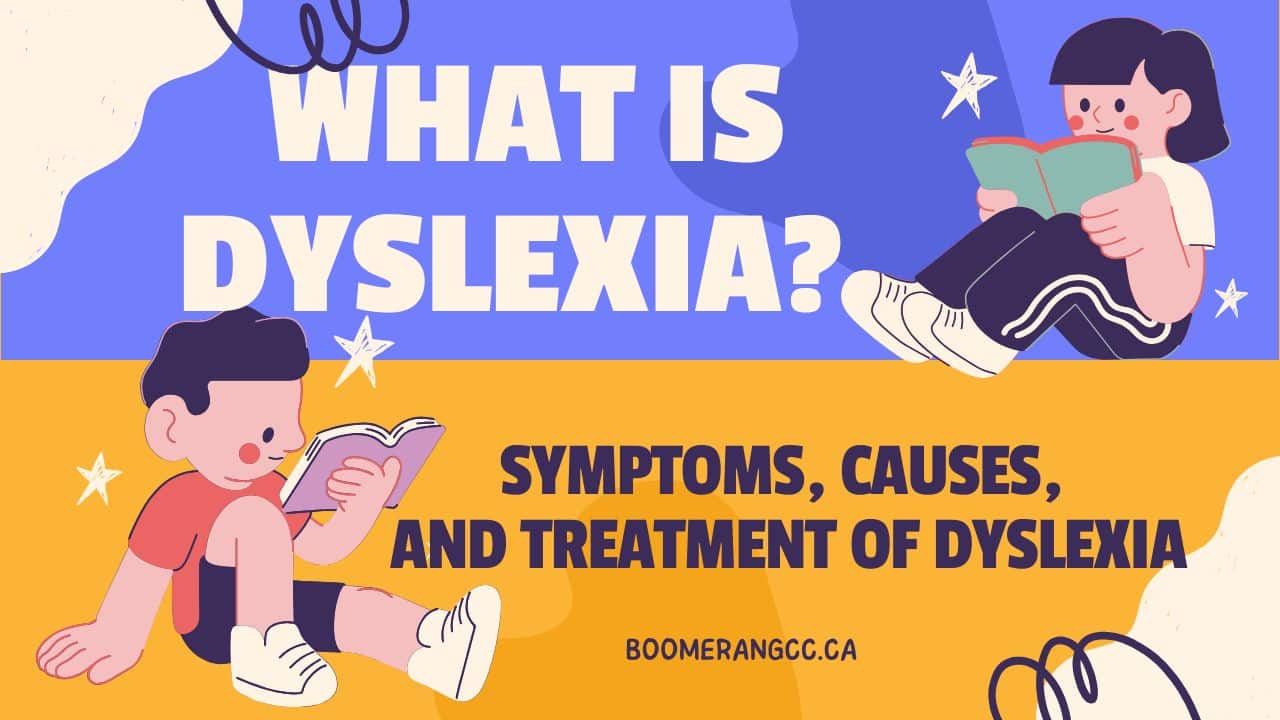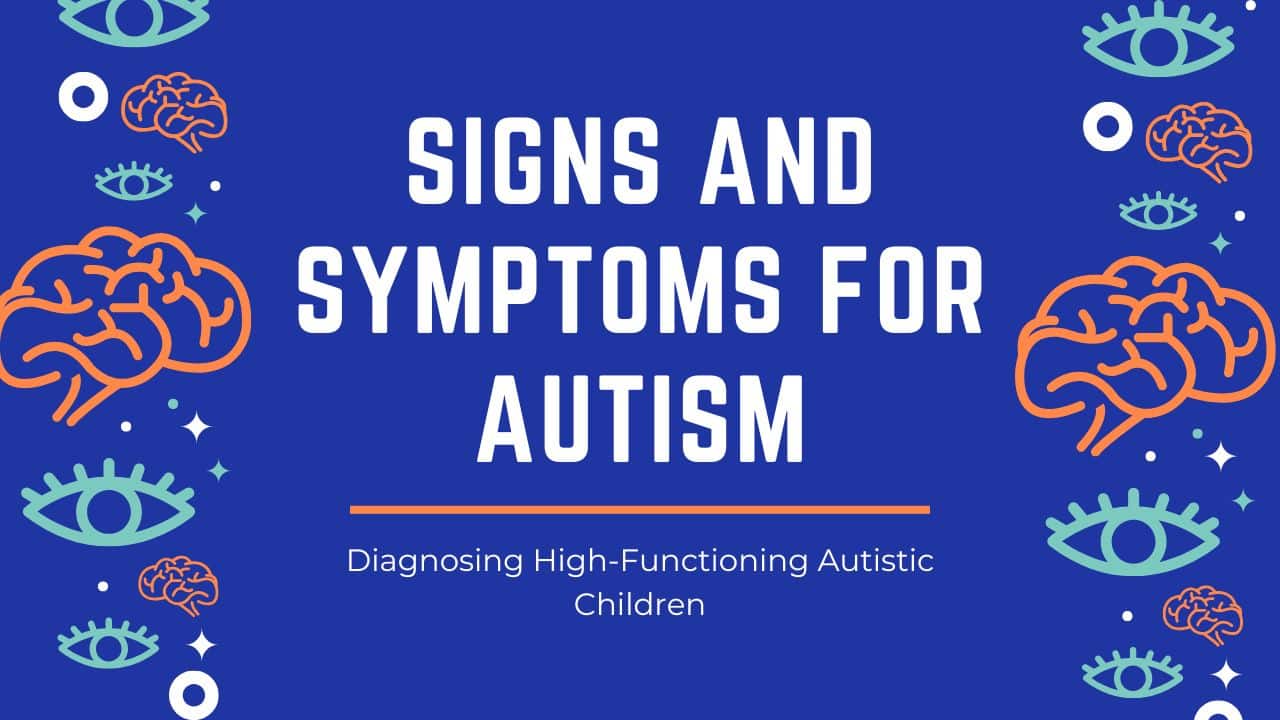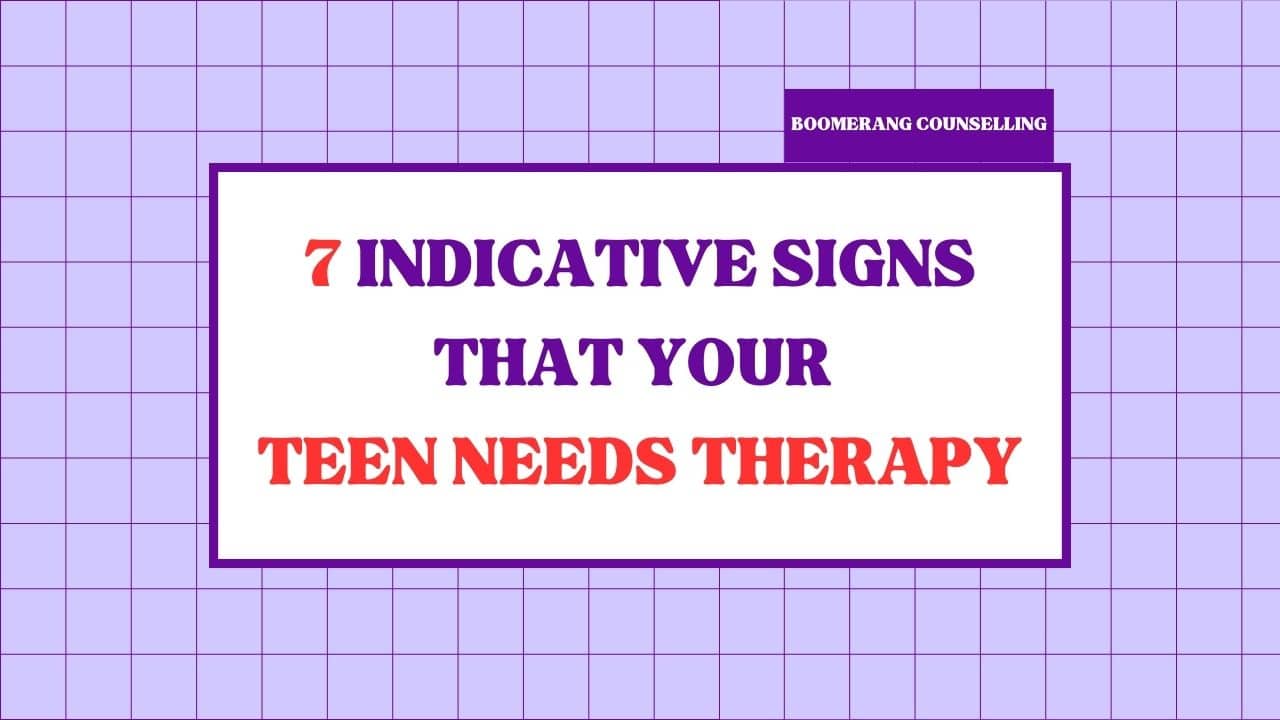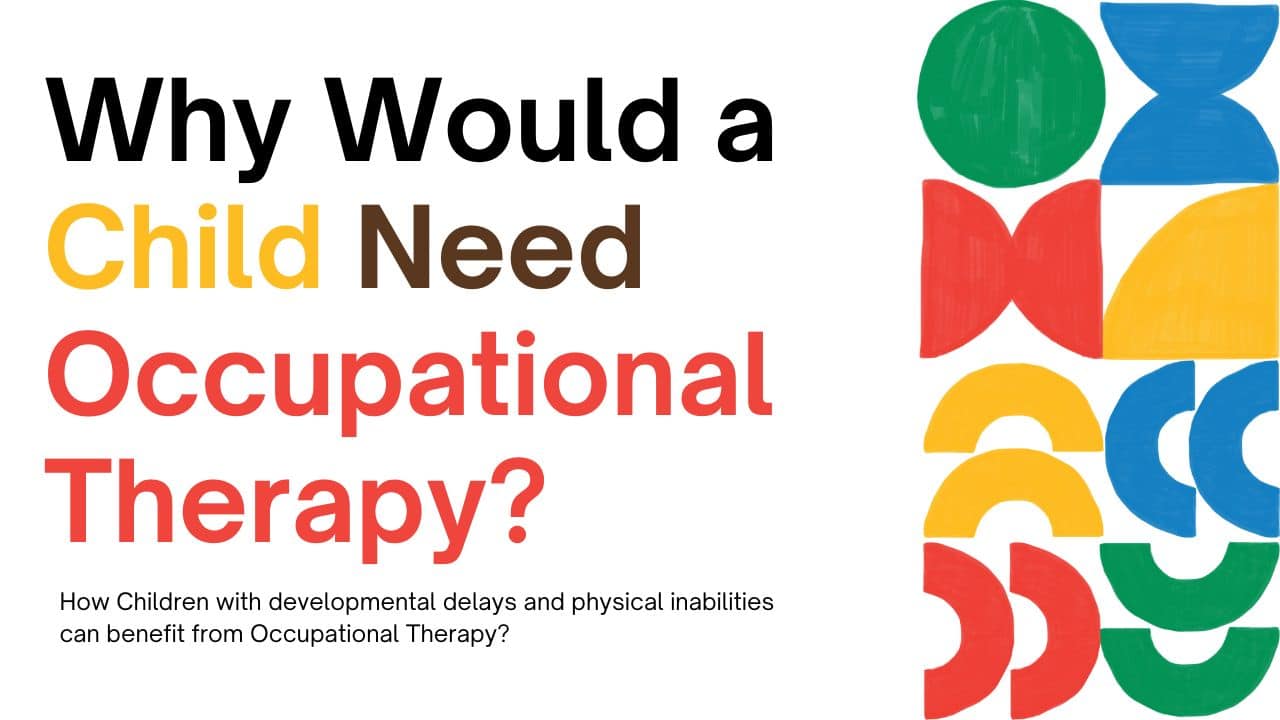Dyslexia is a learning difficulty that affects a person’s ability to read and perform language-related tasks. It happens because the brain has trouble processing language in a way that makes it easy to understand. Dyslexia is usually diagnosed during childhood and tends to be a lifelong issue. This is referred to as called ‘developmental dyslexia’ and categorized as a learning disorder.
Dyslexia is one of three specific learning disorders including: reading (dyslexia), writing (dysgraphia), and math (dyscalculia).
Signs and Symptoms of Dyslexia
Dyslexia is a disability that makes reading difficult due to problems identifying speech sounds and learning. Children with dyslexia find it hard to relate letters and words. This difficulty comes from differences in the parts of the brain that process language.
Also note that dyslexia is not an indicator of low intelligence, vision or hearing problems. Often, children with dyslexia succeed in school with specialized education programs or tutoring.
● Identifying Symptoms of Dyslexia Before School
It is often hard to spot dyslexia before a child starts school. Still, early signs may include learning to speak late or picking up new words slowly. Children may also have trouble forming words, such as reversing sounds or confusing similar-sounding words.
They may also have trouble remembering and naming letters, colors, and numbers. Some children struggle to learn nursery rhymes or to play certain games.
You May Also Like: What are Learning Disabilities? Everything You Need to Know
● Identifying Symptoms of Dyslexia at School Age
When a child goes to school, symptoms often become more noticeable. They may read at a level well below what is expected for their age. They might have trouble processing and understanding spoken information or forming answers to questions. Children can also struggle to find the right words in conversation or to remember the order of things.
Children with dyslexia may also struggle to recognize similarities and differences in letters and words. They might be unable to sound out unfamiliar words or spell words. Reading and writing tasks often take a long time, and children may avoid reading activities.
● Identifying Symptoms of Dyslexia in Teens and Adults
In teens and adults, signs of dyslexia are much the same. Common signs are slow, effortful reading and writing, and having trouble saying words or names, or finding the right words.
They may find it difficult to summarize a story, learn a new language, or solve math word problems. They might struggle to tell apart letters with similar shapes, like ‘d’ and ‘b’ or ‘p’ and ‘q.’ Rhyming, learning letter names, and keeping track of the order of sounds in words can also be hard for them.
How Dyslexia Affects Language and Reading
Children learn to read after they develop spoken language. Early speech starts with making simple sounds. As the child learns more, they use these sounds to build words, phrases, and sentences. Connecting sounds to written letters helps children learn to read.
Dyslexia affects children’s ability to understand and read. It interferes with how the brain uses spoken language to decode writing and reading. When the brain cannot process sounds well, it becomes hard to connect these sounds to words for reading and writing.
This slow and reduced processing affects reading. Children may have trouble processing and understanding words. It becomes hard for them to store words and remember their meanings. They can also struggle to form sentences to express complex ideas.
Levels of Dyslexia Severity
Dyslexia has three levels of severity:
- Mild dyslexia means the child has difficulties, but can manage them with assistance, help, and support.
- In moderate cases, the child’s difficulties are significant. The child requires specialized instruction and interventions tailored to their personal needs.
- With severe dyslexia, difficulties are so pronounced that they continue to affect reading and writing, even with special interventions and assistive technology.
Do I have Dyslexia?
If someone has any of the above problems, it doesn’t mean that person is dyslexic. Self-diagnosis is not possible because it requires a formal evaluation by a qualified professional. Individuals can go for dyslexia screening and testing to find out if they need professional help.
Is Dyslexia Genetic?
There is no clear evidence about what causes dyslexia. Still, some signs might give clues about why and how some children are affected.
Genetic causes: Dyslexia often runs in families. If one parent is dyslexic, there is a 30% to 50% chance the child might have dyslexia. Genetic issues, such as Down syndrome, can also contribute to dyslexia.
Brain development differences: Children with dyslexia are neurodivergent, meaning their brains are built and function differently than usual. Research shows children with dyslexia may have unique brain structure, function, and chemistry.
Infections, exposure to toxins, polluted water, or dangerous gases during fetal development can raise the risk of dyslexia in childhood.
How Common is Dyslexia?
Dyslexia is not very common, but it is widespread enough to be known. Experts estimate that dyslexia affects 10% of people worldwide, regardless of sex or race.
Can I Develop Dyslexia?
People often wonder if someone can get dyslexia later in life. The answer is no; dyslexia is present from early childhood and is not developed in adulthood. It may go unseen until the child goes to school if it is mild.
Sometimes, adults may show signs similar to ‘late-onset dyslexia’ after a stroke or brain injury. These cases are categorized as acquired dyslexia, which is not the same as developmental dyslexia.
For an adult who suspects they might have undiagnosed dyslexia, they can go for a professional assessment from a dyslexia or learning abilities specialist.
Read More About: Is Dyslexia A Disability Under Social Security
Is Support Available for Dyslexia?
Dyslexia is a lifelong disability with no cure. However, early diagnosis and intervention can help the child gain emotional and educational support and improve self-esteem. Specialized programs, assistive technology, and individualized learning plans can help children improve their quality of life.
Therapies and counselling can support children with dyslexia and their families. These efforts help ensure equal rights in managing dyslexia through education, employment, and access to support and services.
At Boomerang Counselling Centre, we offer support for building self-esteem and understanding for peoffers with dyslexia. You can reach out for support or book a session here at www.boomerangcc.ca.









